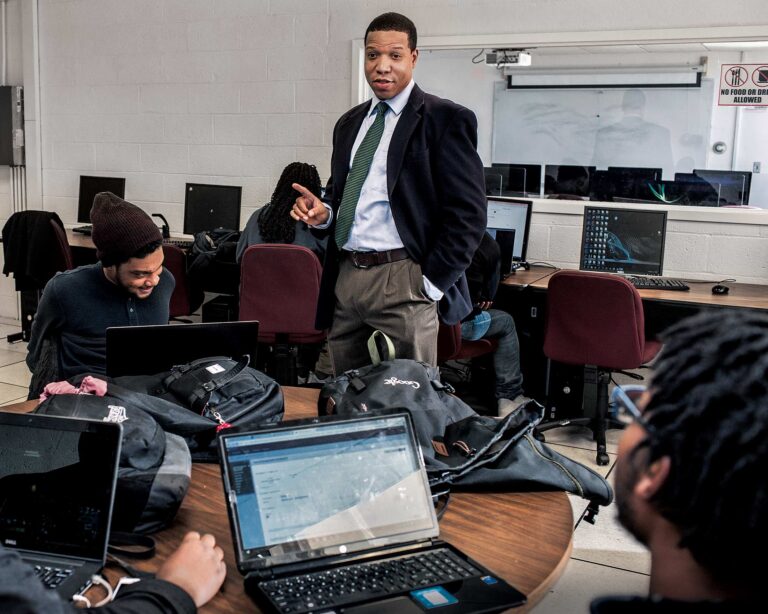
Political Socialization is the process through which individuals acquire knowledge, beliefs, values, and attitudes about politics, forming the basis of their political identity and behaviors. It encompasses the methods by which political culture and ideologies are passed down from one generation to the next, helping to maintain societal stability or foster change by shaping how individuals perceive political systems and their roles within them.

Key Characteristics of Political Socialization
- Continuous Process:
- Political socialization begins early in life and continues throughout an individual’s lifetime. It adapts as individuals encounter new experiences, shifting societal norms, or changes in political contexts.
- Lifelong Impact:
- The beliefs and values individuals develop during early socialization can significantly shape their long-term political attitudes and actions, influencing how they interact with the political system as adults.
- Role in Political Stability:
- By instilling shared values and norms, political socialization helps sustain political culture and ensure stability, as citizens develop a common understanding of acceptable political behavior and government expectations.
- Diverse Sources:
- Political socialization draws from numerous agents, which can sometimes convey conflicting messages, leading individuals to navigate and reconcile different influences in their political beliefs.
Agents of Political Socialization
- Family:
- Family is often the first and one of the most influential agents of political socialization, shaping basic attitudes toward authority, justice, and civic responsibility. Parents and other family members often pass down political beliefs and ideologies, setting a foundation for future views.
- Educational Institutions:
- Schools play a critical role in political socialization by providing civic education, fostering knowledge of political systems, and encouraging critical thinking. Through classes, civic activities, and school governance structures, students learn about democracy, citizenship, and the importance of participation.
- Peer Groups:
- Peer groups, especially during adolescence and early adulthood, are influential as individuals tend to share and discuss political ideas within their social circles. This can lead to the reinforcement of certain beliefs or introduce individuals to new perspectives.
- Media:
- Media, including television, newspapers, and social media, significantly shapes political socialization by providing information, framing issues, and influencing public opinion. Media can set the political agenda, create awareness of issues, and even sway individuals’ perceptions of political events and leaders.
- Religious Institutions:
- Religion can strongly influence political socialization, particularly in societies where religious beliefs intersect with political values. Religious institutions often impart moral perspectives on issues like justice, authority, and social responsibility, which can shape political beliefs.
- Government and Political Parties:
- Government institutions and political parties contribute to political socialization through their policies, messaging, and public outreach. Civic programs, public education initiatives, and party affiliations all shape individual political perspectives, creating a connection to the political system.
- Workplace and Professional Associations:
- As people enter the workforce, their political views can be influenced by professional associations, unions, and interactions with colleagues. Work environments can expose individuals to diverse viewpoints or reinforce specific values related to economic and social policies.

Types of Political Socialization
- Direct Political Socialization:
- Involves intentional efforts to shape political values, such as civic education programs, political propaganda, and government-led information campaigns. It is aimed at promoting specific values, ideologies, or loyalty to the state.
- Indirect Political Socialization:
- Occurs through daily experiences, interactions, and exposure to cultural norms rather than through explicit political messaging. This type of socialization is often more subtle, developing through family discussions, workplace norms, or media exposure.
- Anticipatory Socialization:
- This form of socialization happens when individuals adopt certain political norms or values in preparation for roles they aspire to, such as joining political parties, public service, or civic organizations.
- Resocialization:
- Political resocialization occurs when individuals change their political views due to significant life events, new information, or exposure to different perspectives. It is common during periods of political upheaval, crisis, or personal transformation.

Impact of Political Socialization on Society
- Strengthening Democracy: Political socialization promotes active citizenship, which is essential in democratic societies. By fostering civic awareness, it encourages informed voting, policy advocacy, and responsible political engagement.
- Maintaining Political Order: Through socialization, people internalize norms of respect for authority and law, supporting societal order and reducing political conflict.
- Facilitating Change: While socialization often preserves the status quo, it can also be a driver of change. Exposure to new ideas and experiences, especially through media or education, can challenge established beliefs, encouraging reform or resistance against oppressive systems.
Conclusion
Political socialization is fundamental to shaping how individuals view political authority, engage in civic activities, and understand their roles as citizens. It is a multifaceted process that evolves across generations, with diverse agents contributing to a dynamic political culture. In cultivating political awareness, socialization fosters both continuity and transformation, guiding society through changes in political values, structures, and governance.







